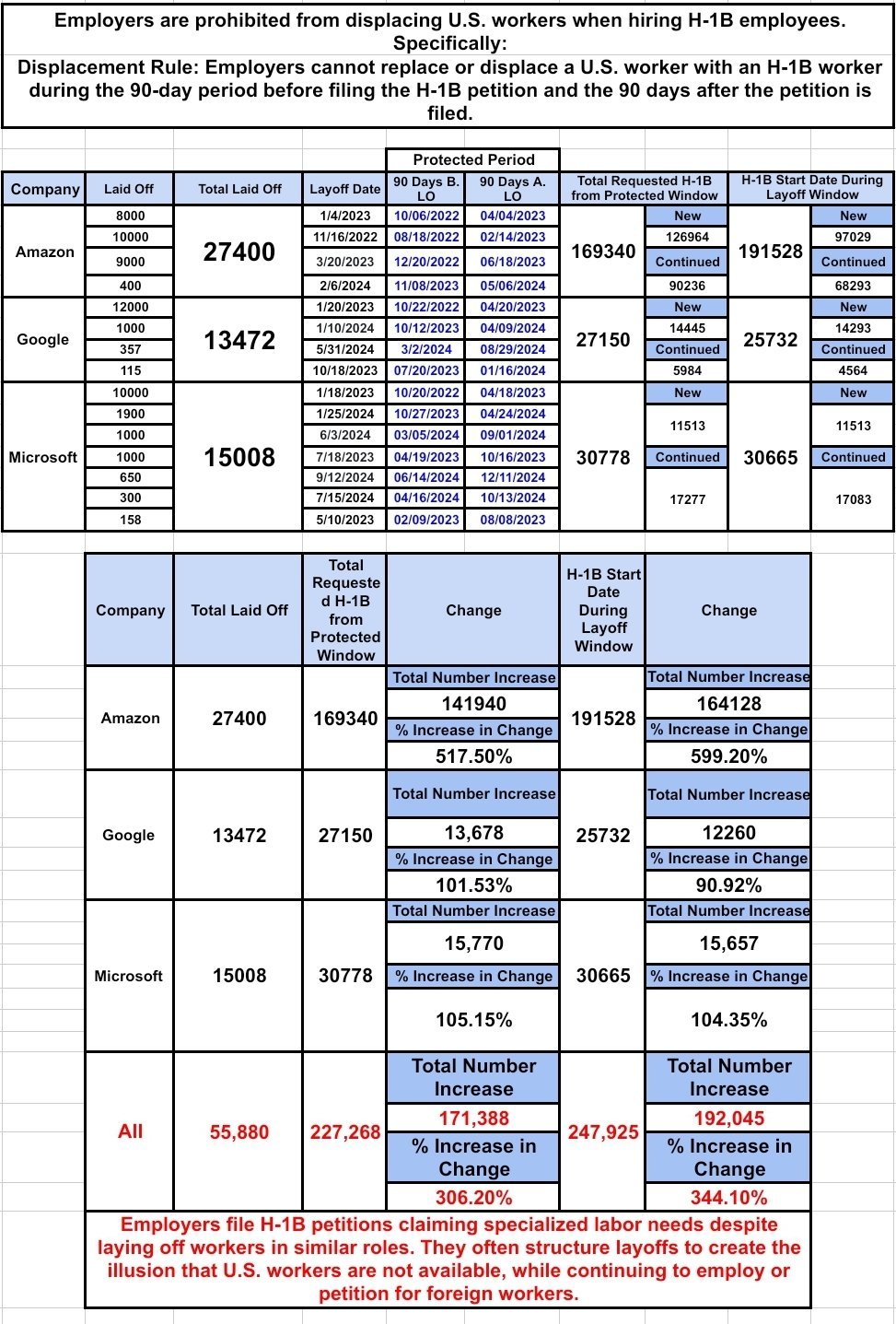President Harry S. Truman was forced to vacate the White House for years.
History Facts ^ | 12/27/2024
Posted on 12/27/2024 7:04:15 AM PST by SeekAndFind
In November 1948, President Harry S. Truman and his family were forced to vacate the White House regarding concerns over the building’s structural integrity. Truman had moved into the White House after taking office in 1945, but a series of incidents — including one in which the leg of his daughter’s piano fell through the floor — affirmed that the residence required extensive renovations. A dissatisfied Truman called repairs from Theodore Roosevelt’s administration a “botch job.” Analysts also suggested that the building deteriorated during Franklin D. Roosevelt’s time in office, as the Great Depression and World War II forced FDR to reallocate vital resources away from much-needed repairs.
The Truman family moved into nearby Blair House, a building purchased by the federal government in 1942 to serve as the President’s official guest residence. Though Truman wasn’t pleased with the displacement, he also wasn’t in a rush to return to an unsafe building. The president authorized an extensive renovation that lasted from 1948 until 1952, during which deeper foundations were dug and a steel frame skeleton was added to the White House’s interior. Nearly the entire building was renovated; a balcony installed by Truman in early 1948 was one of the few elements left untouched.
After lengthy delays, Truman moved back into the White House in March 1952, and spent the final 10 months of his presidency there.
Truman is one of seven incumbent presidents who didn’t run for reelection.
While the majority of incumbents seek reelection, seven presidents opted not to pursue a second term: James K. Polk, James Buchanan, Rutherford B. Hayes, Theodore Roosevelt, Calvin Coolidge, Harry S. Truman, and Lyndon B. Johnson. Polk declined to run in 1848, claiming to have accomplished his major goals in just four years. Buchanan’s popularity plummeted leading up to the Civil War, and he realized he wasn’t a viable candidate for reelection in 1860.
Hayes opted against running in 1880 having previously vowed to serve only one term. Teddy Roosevelt initially chose not to run as an incumbent in 1908, but returned as a third-party candidate in 1912. Coolidge — who became president upon the death of Warren G. Harding — declined reelection in 1928, saying, “Ten years… is too long for a President in this country.” Truman chose not to run in 1952, believing the country was due for a fresh start. Lastly, LBJ dropped out of the race in 1968, as his popularity declined amid the Vietnam War.
TOPICS: History; Society
KEYWORDS: truman; whitehouse

Click here: to donate by Credit Card
Or here: to donate by PayPal
Or by mail to: Free Republic, LLC - PO Box 9771 - Fresno, CA 93794
Thank you very much and God bless you.
1 posted on 12/27/2024 7:04:15 AM PST by SeekAndFind
To: StayAt HomeMother; Ernest_at_the_Beach; 1ofmanyfree; 21twelve; 24Karet; 2ndDivisionVet; 31R1O; ...
 A dissatisfied [poisonously partisan Democrat] Truman called repairs from Theodore Roosevelt's administration a "botch job."
A dissatisfied [poisonously partisan Democrat] Truman called repairs from Theodore Roosevelt's administration a "botch job."
2 posted on 12/27/2024 7:09:45 AM PST by SunkenCiv (Putin should skip ahead to where he kills himself in the bunker.)
Disclaimer: Opinions posted on Free Republic are those of the individual posters and do not necessarily represent the opinion of Free Republic or its management. All materials posted herein are protected by copyright law and the exemption for fair use of copyrighted works.
FreeRepublic.com is powered by software copyright 2000-2008 John Robinson

 By Free Republic | Created at 2024-12-27 15:10:31 | Updated at 2024-12-28 07:09:56
16 hours ago
By Free Republic | Created at 2024-12-27 15:10:31 | Updated at 2024-12-28 07:09:56
16 hours ago






